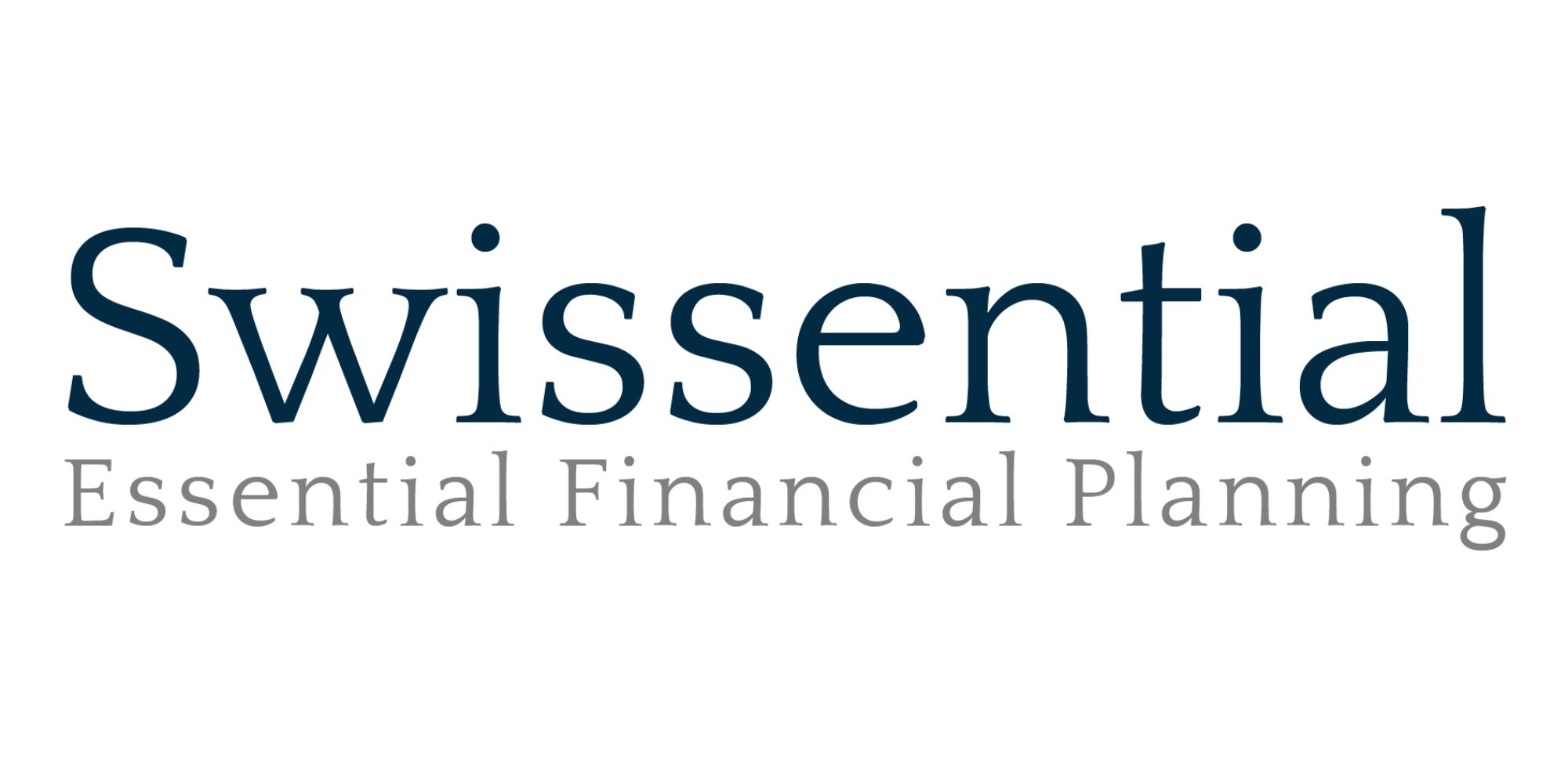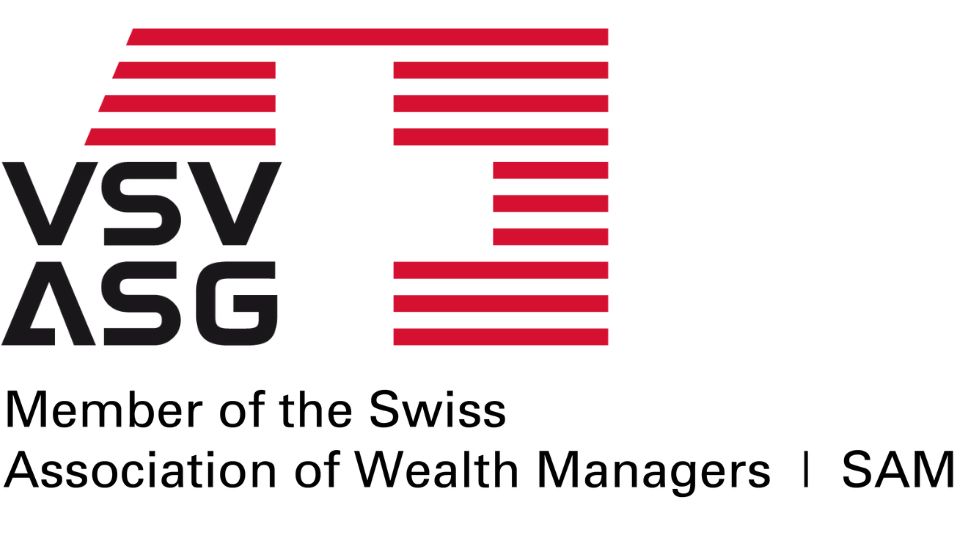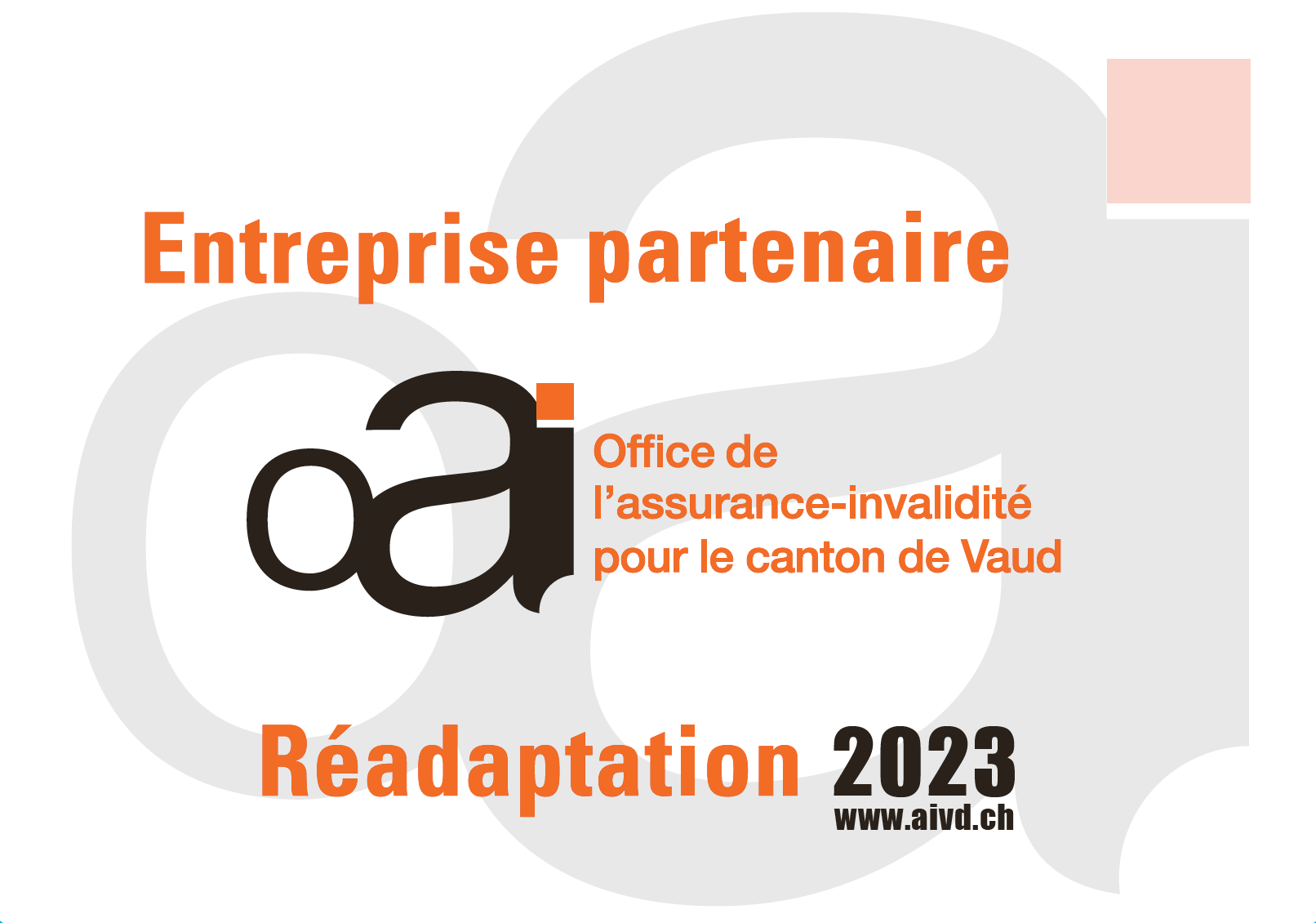The Swissential Team welcomes you and your family to your new adventure. While Switzerland is a great place to live and work, its customs and rules may be unfamiliar to newcomers. Let’s see how we can simplify these for you:
When you are arriving in Switzerland, our job as Financial Planners is simply to:
- Help you understand the Swiss Pension System (1st, 2nd, 3rd Pillars)
- Highlight how you can optimize your taxes and your financial situation in Switzerland
- Source and present suitable solutions that meet your needs and objectives so you can build and protect your future in Switzerland.
- Implement these holistic solutions catered to your life goals
- Keep you on track and assist on an ongoing basis as you build the foundations for a successful life in your new country of residence.
What are my rights and obligations as a Swiss resident?
As a Swiss resident and a valid permit holder, you have rights provided by and obligations to fulfil towards your new host country. Some of the rights most relevant to you are: State Pension Benefits, Mandatory Company Pension Coverage, Accident insurance, Child Benefits, Unemployment Benefits, as well as the right to access all or part of your pension in cash when leaving Switzerland.
Find out exactly what all this means for you personally.
How does the Swiss pension system work and apply to me?
1st Pillar, 2nd Pillar, 3rd Pillar, Mandatory contributions, Sur-obligatory contributions, lock-in period, buy-back, buy-forward, AVS bridge, tax-optimization, access to property using pension funds (primary?); according to a latest survey a third of Swiss Nationals do not know how their pension system works; who can blame you for not understanding it yourself when parachuted in from abroad.
How do I read my payslip? What does it really mean?
OASI / AVS / AHV, Maternity Insurance, Unemployment Insurance, Non-Professional Insurances, Obligatory Pension, Extra-Obligatory Pension, Specific company savings plans (ISOP, etc..), Tax at source; whilst it is easy to find definitions of these terms on Google , it may not be clear why they are deducted from your payslip and what entitlements they offer in return. To add further confusion, if you work for a mid-size company your payslip will almost certainly be in French or German, making it difficult to understand.






